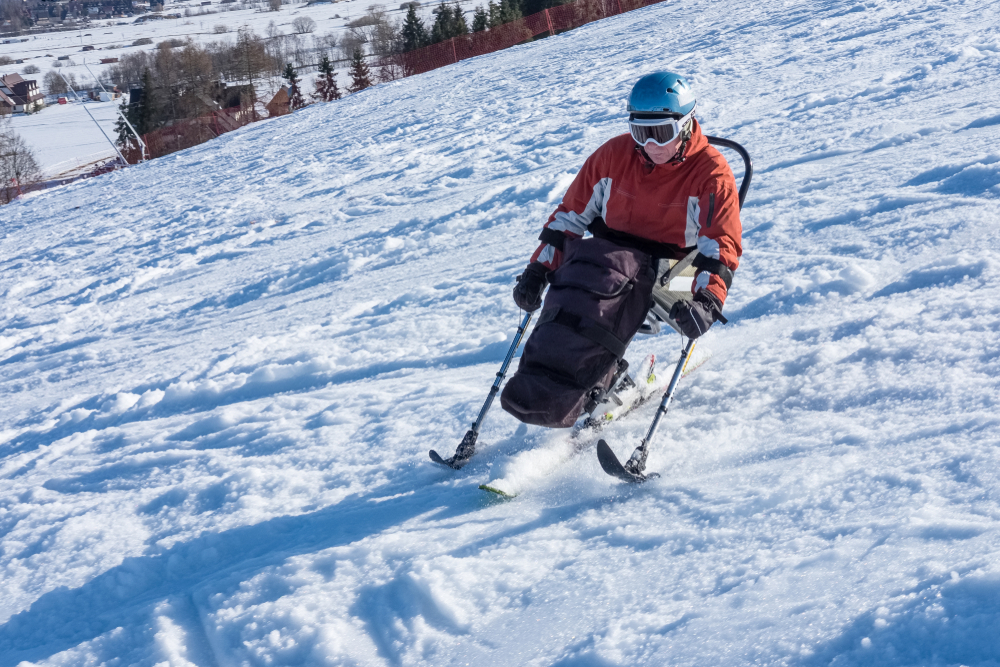Slowly does it
If you’re over 40, not used to exercise or more than about 9 kilos overweight, get checked out by your doctor before you start running training.
Make a sensible training plan and don’t rush things. Pushing yourself too hard leads to injuries and loss of motivation, so be patient and progress slowly. Your initial goal is to manage about 30-minutes of running – you’re not trying to break any speed records!
Rest days
My advice is to split your running training into three sessions of about 20 – 30 minutes each week. Ensure you have a rest day in between - this is vital to allow your muscles to grow and develop. And remember, gradually increase your running time and distance first – training to improve speed comes later!
Your long-term aim is to improve your fitness and strength sufficiently to get you running about 2 – 5 kms regularly – eventually! You shouldn’t be trying to do this until at least 2 months of training. It may easily take you longer than that to be ready, so just be patient and keep training – you’ll get there in your own good time!
Training tips
The best fuel for your training session is a piece of fruit or a sports energy bar a couple of hours before you start. Then about an hour before start-time, always have a sports drink. Sports drinks are excellent to keep you properly hydrated and give you enough sodium and potassium to replace what you sweat out.
Warm-up
The best way to warm-up is to walk for 2 or 3 minutes before you start your training and do the same after your run-walk to cool down. Don’t do stretching exercises before running – you can do that later in front of the t.v.
Running technique
You’re aiming for a relaxed technique, so hold your arms comfortably at your sides as you run. Bend your elbows at roughly 90º and move them backwards and forwards at waist level. Don’t allow your hands to sway across the middle of your body.

Cross-training
To help your body adapt you can miss a running/walking session every so often and do a cross-training activity instead. This could be cycling for 30 minutes, swimming, a circuit-training class or anything you enjoy. This break will refresh you and help your body to develop new muscles at the correct pace.
Running is an extremely healthy sport which can be enjoyed at all levels – so good on you for taking the plunge!
Date Published: Tuesday, November 14, 2017
Locate a Mobile Physiotherapy
Service Near me
Get the experience & convinence you deserve to support your or a loved one's allied health needs.
Our Mobile Physiotherapy team are currently serving & taking appointments in the following states and regions in Australia:
New South Wales
- Blacktown
- Blue Mountains
- Campbelltown And Macarthur
- Canterbury-Bankstown
- Eastern Suburbs Sydney
- Georges River
- Hawkesbury
- Inner East Sydney
- Inner West Sydney
- Lake Macquarie
- Lower North Shore
- Newcastle
- Northern Beaches
- North Sydney
- Parramatta
- Penrith
- Southern Highlands
- South West Sydney
- Sutherland Shire
- Sydney CBD
- The Hills Shire
- Upper North Shore
- Waverley
- Wollongong
Tasmania
Victoria
Need to get into direct contact with ur Client Services team? We're all ears. Call our team directly on 1300 731 733










